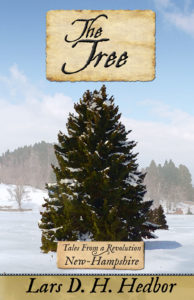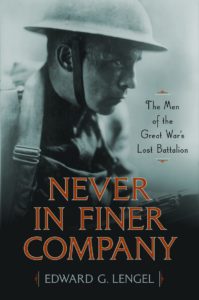Whenever I embark on a trip, like the one I’m about to take to Greece (more on that in another post), I look for tips on how to pack light but smart. Enter the traveler and author, Karen McCann, who recently traveled just for food! Don’t you love her for this idea alone? While she was just beginning her tour, she sent these notes along.
. . . . . . . . . . . . . . . . . . . . . . . . . . . . . .
A Guest Post by Author Karen McCann:
How to Pack for Four Months of Eating Mediterranean Comfort Food
“Four months on the road eating Mediterranean comfort food?” a friend asked, when she heard of my latest project as a travel writer: The Mediterranean Comfort Food Tour. “Do you expect to double your body weight?”
I certainly hope not. Many people assume that comfort food means a diet of French fries and ice cream, when in fact, a lot of the traditional recipes I’m exploring are actually quite healthy.
Starting the trip in Crete, I’ve been chowing down on fresh fish, artichokes, and snails. For the record, a portion of snails contains just 76 calories and one gram of fat, and when they’re cooked in olive oil and rosemary, they are spectacular. I can see why kohli bourbouristi has been a family favorite around here for generations.
Packing as a Semi-Minimalist
Packing for this trip, I followed my usual semi-minimalist approach. My luggage consists of one small roll-aboard suitcase and one shoulder purse, so I can get from town to town without much fuss.
- A multi-pocket travel vest lets me keep my phone and wallet safely hidden away on my person, so I don’t have to be hyper-vigilant about my purse when I’m shooting video in a kitchen or sidewalk café.
- Footwear (which fills up a suitcase fast) is just two pairs of good walking shoes, one of which is reasonably “nice” for doing interviews, plus slippers for downtime.
- Trousers have to be comfy enough for sitting on a train or ferry for many hours. In my case, that means some stretch in the waist, which will come in handy if I do gain any weight along the way.
- All clothes must be hand-washable, quick-drying, and wrinkle-resistant, so I can remove gravy stains from a shirt in the hotel sink after dinner and have it ready to wear the next day.
- One iron-clad rule: if I want to buy anything, I have to throw away something of equal weight. It’s maddening not to be able to collect olive oil, recipe books, and local wines, but I’d have to ditch the laptop to do it, and that’s not going to happen.
Why Traveling Light Matters
Traveling light means more freedom and mobility on any journey. As travel guru Rick Steves observed, “You’ll never meet a traveler who, after five trips, brags ‘Every year I pack heavier.’” And that goes double for food writers.
It’s easy to resist shopping in the souvenir stalls and even local markets when you know you’re coming home with once-in-a-lifetime photos and videos, and the kind of mouthwatering recipes that will, I hope, put dishes like kohli bourbouristi on the world’s list of favorite comfort foods.
* * *
Karen McCann is the author of three Amazon bestselling travel books and a popular travel blog. She and her husband embarked on a trip around the Mediterranean rim sampling traditional comfort food; yes, a book project is in the works. To learn more about their journey and details of how they packed for it, see her blog, Enjoy Living Abroad.

. . . . . . . . . . . . . . . . . . . . . . . . . . . . . .
For more history nerd posts like these, subscribe to the blog. Guest posts are welcomed and encouraged. Contact me for details.
For more information, and to download your passport, visit the Valentine History’s Museum’s Website. Or call 804-649-0711 for more information.
. . . . . . . . . . . . . . . . . . . . . . . . . . . . . .
For more history nerd posts like these, subscribe to the blog. Guest posts are welcomed and encouraged. Contact me for details.

 There is Opportunity in Writing About the American Revolution
There is Opportunity in Writing About the American Revolution
